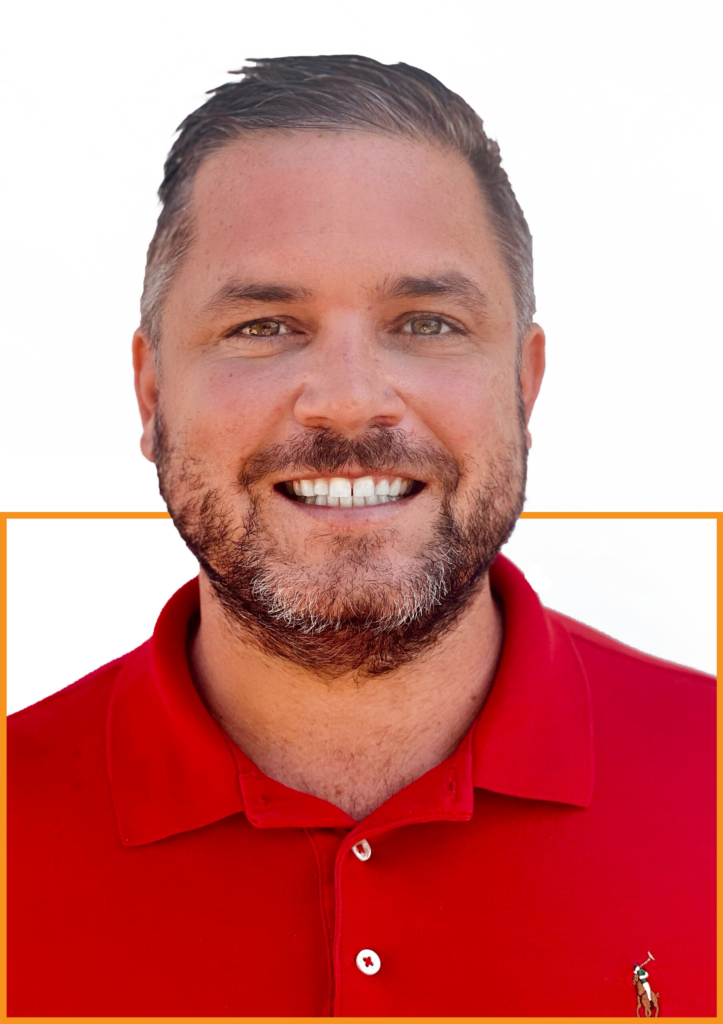When someone in a family battles alcohol or drug addiction, they tend to receive the most attention. Their unpredictable and often chaotic behavior takes center stage. Unfortunately, addiction affects the whole family, not just the addict. It takes a lot to be directly involved in the life of someone with an addiction.
As their addiction progresses, each member of the family takes on a particular role as they try to cope. Whether the addiction is public knowledge or hidden behind closed doors, every person still struggles. Family members follow familiar patterns while learning to manage their own lives amidst the disarray.
There are 6 main family roles that emerge when someone is in active addiction. Each family is a little different depending on their circumstances. Not all families have someone to fill every role while others have some taking on multiple roles. Understanding the various parts each member plays is crucial when eventually trying to work with and heal the family unit.
The Addict
The addict is the main character in the family drama that addiction devolves into. They are the main focus of conversations, attention, energy, decisions, finances, and more. Each family member learns to adapt to the increasing problems that arise in the addict’s life. In many cases, the addict is unaware of the incredible imbalance the rest of the family experiences as a result of their addiction.
The Hero
The hero is the family member who takes the responsibility of trying to keep everyone in the family feeling good. They see it as their job to rescue other family members from the shame and guilt that comes with addiction. The hero tries to maintain a positive attitude and outlook no matter what’s going on in the home.
They appear to be balanced and together but are hurting on the inside. Their role keeps them from sharing their pain, though, which isolates them in their struggle. Heroes tend to be perfectionists and their behaviors usually result from fear, guilt, and shame.
The Jester
The jester is the family’s class clown. They crack all the jokes and do their best to keep things at a superficial level to avoid the deep, painful truth of the reality of addiction. The jester’s constant humor keeps them, and sometimes other family members, distracted from the addict for even a moment. Some even resort to mean-spirited humor because of their underlying pain.
These family members use their sense of humor to layer over the frustration and pain. Their jokes seem to provide a level of protection from the reality of addiction. Jesters take on this role to mask their true feelings of shame, anger, and embarrassment.
The Lost Child
The lost child is the family member who hides away in the shadows and stays out of the middle of things. Middle or younger children tend to take on the lost child role and are often “invisible” to the rest of the family. They try not to draw attention to themselves and instead check out of the situation.
The lost child usually struggles to make decisions, express their opinions, or form close relationships with others. They usually spend much of their time alone or away from the family. These family members experience feelings of guilt, neglect, anger, and loneliness.
The Scapegoat
The scapegoat is similar to the jester but relies on rebellion and dramatics to create their distraction. Instead of jokes and humor, the scapegoat acts out and creates additional problems to distract from the root issue. Scapegoats usually take the blame for much of the family discourse despite the true, glaring cause of the problem.
The scapegoat wants to fix the situation as much as any other family member. Unfortunately, they also lack the ability to find a solution and act out to express their frustration. Scapegoats deal with underlying feelings of shame, emptiness, guilt, and anger.
The Caretaker
The caretaker is the family member who tries to keep the peace and hold the rest of the family together. They try to maintain an “everything is okay here” image in the community and mask the real extent of the problem. They also are the person who enables and makes excuses for the addict the most. Caretakers believe they’re helping the family by taking on this responsibility.
In reality, caretakers are the role that makes it most difficult for the addict to overcome their illness. As long as these individuals make excuses for the addict, the addict sees no reason to stop what they are doing. Caretakers act from a place of fear, helplessness, and inadequacy.
Overcoming the Family Roles
Families must identify and work through the roles they play if they want to help the addict recover. Addiction is truly a family illness and it requires participation from every member if they want to get well. Thankfully, some treatment approaches involve the entire family unit to treat the problem of addiction as a whole.
The Emerge Center for Addiction Recovery understands that the family must work together to overcome their own struggles surrounding addiction. If you’re struggling with an addicted family member, reach out to learn more about family-focused addiction recovery today.












